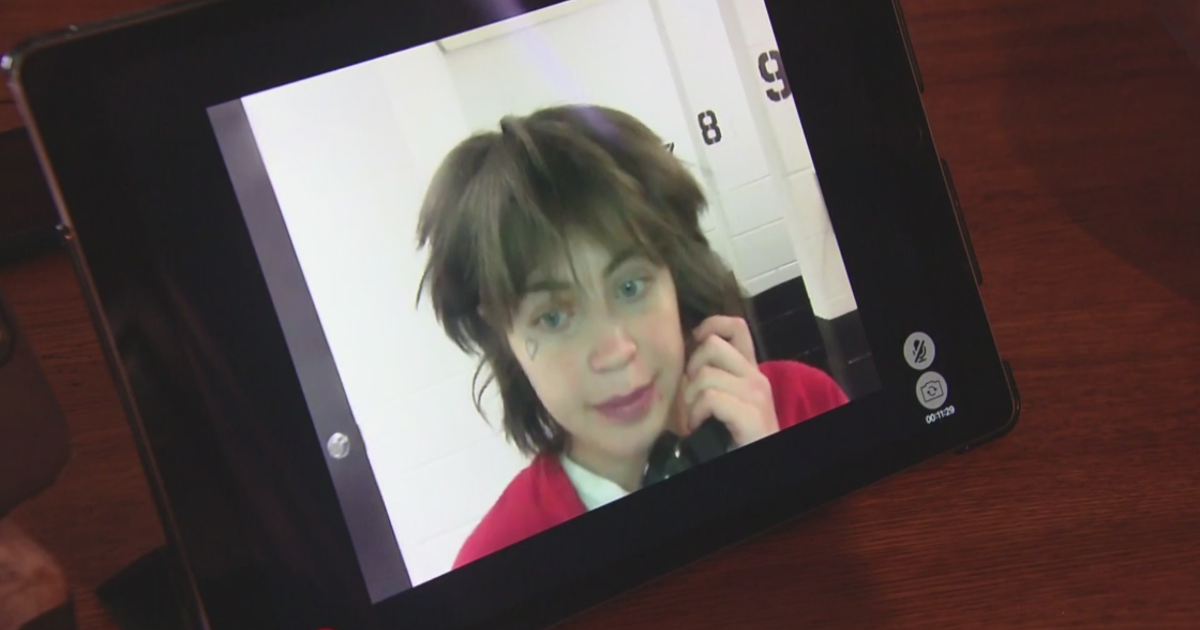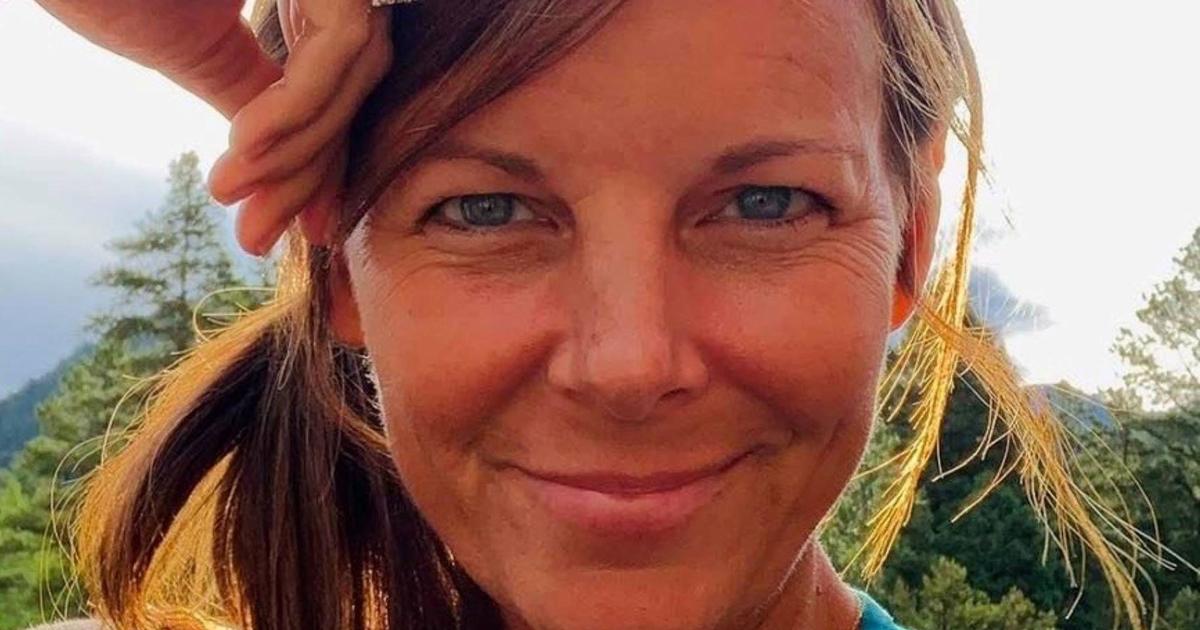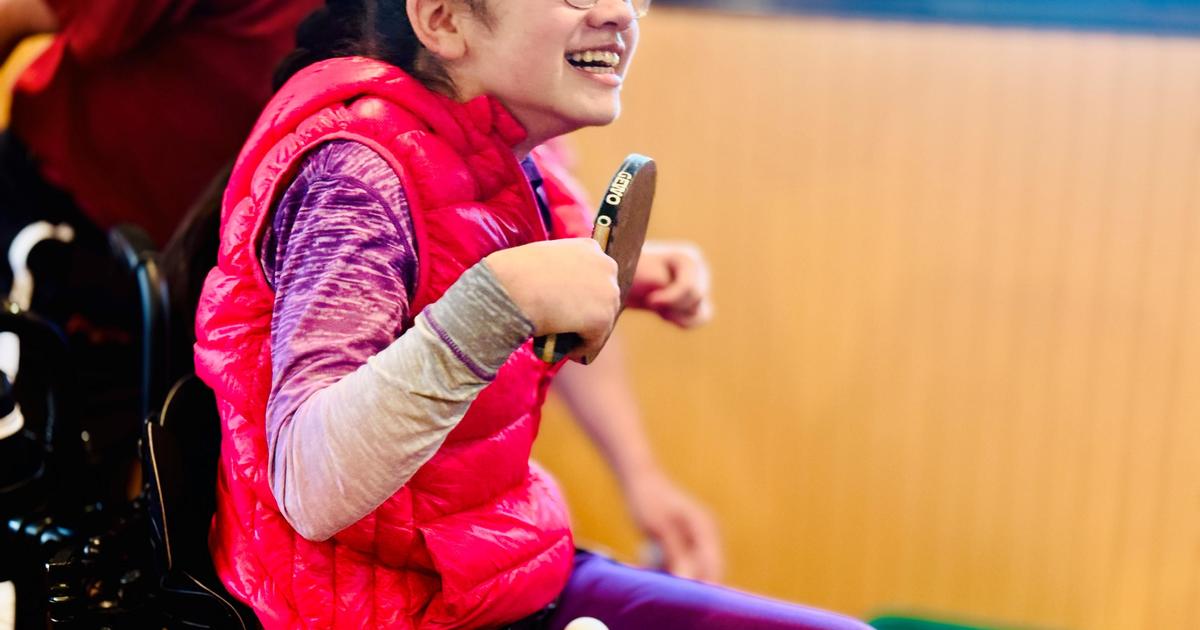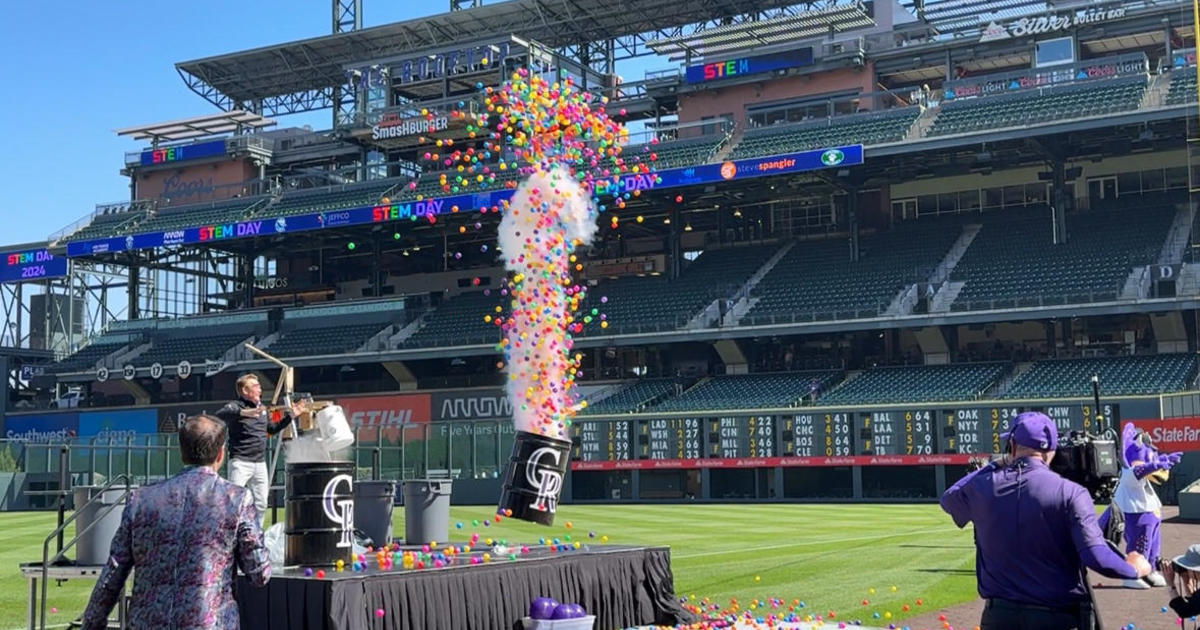Jurors' Questions Aim At Heart Of Theater Shooting Trial
CENTENNIAL, Colo. (AP) - A neuroscience professor was nearly finished testifying about the Colorado theater shooter's lackluster lab performance when a juror scrawled out a question, passed to the judge on a slip of paper: Did James Holmes ever seem disconnected from reality?
It was one of more than 100 questions jurors have asked of witnesses in the first two weeks of Holmes' death penalty trial, showing they're already cutting through descriptions of mayhem in the theater to grapple with the central question they will have to answer: Was Holmes legally insane when he began shooting?
These jurors seem astute, engaged and curious about details, from how Holmes moved through the theater during the chaos, to the science of the explosive booby traps in his apartment, to whether his eyes were dilated and bloodshot immediately after his arrest. On Tuesday, one juror asked how Holmes behaved when he bought bomb-making materials at a chemical supply store.
"They are acting like detectives," Dallas-based litigation consultant Alison K. Bennett said. "They are trying to put the pieces of the puzzle together."
Most states don't allow jurors to be so active. Colorado is one of three that require judges to allow jurors to query witnesses. At least six states forbid the practice. Others let judges decide.
LIVE UPDATES/VIDEO: Live Video, Twitter Updates & More From The Trial
Holmes' jurors are using this privilege liberally, scribbling questions for bailiffs to pass to Judge Carlos A. Samour Jr. The judge then reviews them with attorneys for both sides and asks the witness those he deems appropriate.
The real-time feedback can give attorneys clues about what they should emphasize in a trial that could continue into September. Taking the jurors' cue, prosecutors have since asked others from the grad school if Holmes seemed detached from reality, and all have said no.
But the questions don't necessarily reveal how jurors are leaning, legal experts say.
Holmes has pleaded not guilty by reason of insanity to killing 12 people and injuring 70 others at a packed midnight Batman premiere. Prosecutors say planned the shootings meticulously and was sane.
The 19 women and five men in the jury box are a mix of working-class people and professionals, including a lawyer, a graduate student, a computer engineer, a dentistry instructor, a plumber, a transportation worker, a store manager, a special education teacher and at least one retiree. One man survived the 1999 Columbine High School shootings, and said he'll be fair despite having been friends with those shooters and the prom date of a victim.
None of the 24 will know whether they'll deliberate Holmes' fate until the judge hands the case to 12 of them months from now.
Meanwhile, their questions suggest they've been focused from the start on Holmes' mental state.
One juror asked Holmes' professor whether he seemed lazy or unmotivated in graduate school classes. Another asked a victim who had lost his leg whether Holmes came after him in the theater. Jurors repeatedly asked whether the intricate bombs in Holmes' apartment could have exploded, or were just staged to look dangerous. One juror asked how much gas was in Holmes' car that night. At least three wondered how long gunshot residue is detectable on skin. Still another asked if Holmes' was wearing contact lenses when detectives interviewed him.
Some jurors cried as survivors described the searing pain of bullet wounds, or recalled stumbling over bodies to escape. They craned their heads to peer at a scale model of the theater on display. They've laughed at lawyers' attempts at humor, and chatted to each other during breaks.
RELATED STORIES: Aurora Movie Shooting Story Archive
One asked if Holmes could move his seat over so they could get a better look at him; the judge said he'll stay where he is.
"It's hard to interpret these things," said Nancy Marder, a professor at the Illinois Institute of Technology's Chicago-Kent College of Law. "There's a tendency to want to figure out what jurors are thinking, but jurors ask questions for the same reason students ask questions. They're confused about something."
The sheer number of questions is surprising, Marder said. But what interests jurors early on may be trivial once they deliberate, said Shari Diamond, a law professor at Northwestern University who has studied the impact of juror questions on trials.
"It's appropriate to think of it as a fleeting glimpse into what a juror is thinking at that particular time," Diamond said.
Jury deliberations are secret, so it's hard to know what these questions will amount to in the end. But in a rare opportunity in Arizona - another state that allows jurors to question witnesses - the state's Supreme Court allowed researchers to videotape deliberations in 50 civil trials.
They found jurors explicitly referred back to just 11 percent of the questions submitted, but questions can have a bigger impact than that, said Mary Rose, a sociology professor at the University of Texas at Austin who, with Diamond, was involved in the study. A question's "biggest influence could be that it doesn't appear in deliberations, because it has settled something," Rose said.
Jurors should be allowed to join the questioning, Rose said, because it keeps them invested and paying attention, and also could make deliberations more efficient.
"They may spend enormous amounts of time trying to figure out the answer to the question that's been plaguing them," Rose said. "If you can actually get your question answered at the time the witness is there, it settles it. It's done."
By Sadie Gurman, AP Writer
Associated Press Writer Dan Elliott contributed to this story.
(© Copyright 2015 The Associated Press. All Rights Reserved. This material may not be published, broadcast, rewritten or redistributed.)



